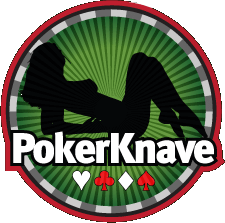Journal of Gambling Studies (6 January 2010)
Abstract Tourists at the Koorana Saltwater Crocodile Farm in Coowonga, Queensland, Australia, including 62 males and 41 females, aged 18–66 (M = 34.2, SD = 13.3), were randomly assigned to play a laptop-simulated Electronic Gaming Machine (EGM) either: (1) prior to entry, or (2) after having held a 1-m saltwater-crocodile. Gambling behavior; including bet-size, speed of betting, final payouts and trials played on the EGM; was investigated with respect to participants’ assigned arousal condition, problem-gambling status, and affective state. At-risk gamblers with few self-reported negative emotions placed higher average bets at the EGM after having held the crocodile when compared to the control. In contrast, at-risk gamblers with many self-reported negative emotions placed lower average bets at the EGM after having held the crocodile. The results suggest that high arousal can intensify gambling in at-risk players, but only if this feeling state is not perceived as a negative emotion.
Matthew Rockloff, Nancy Greer

